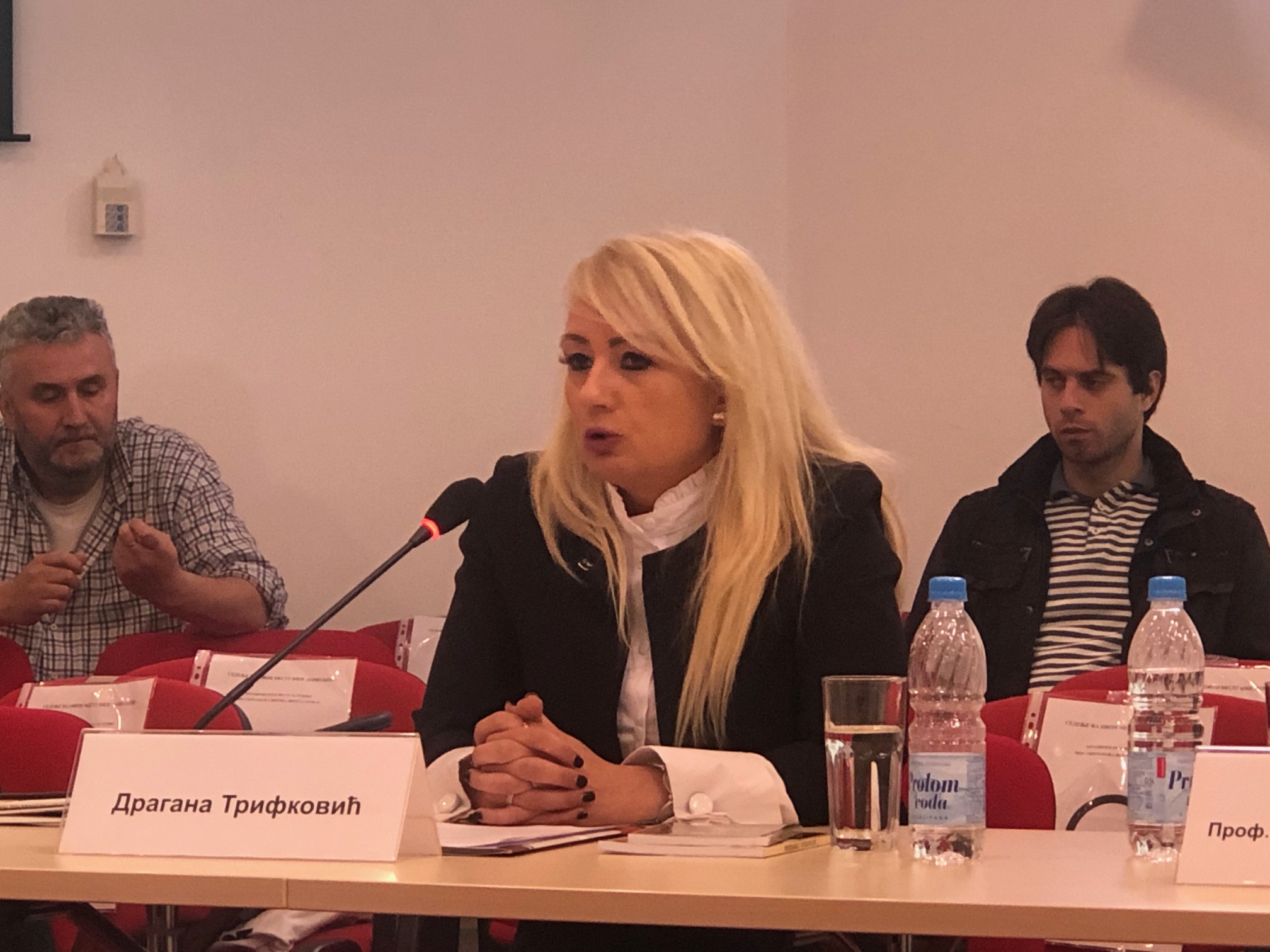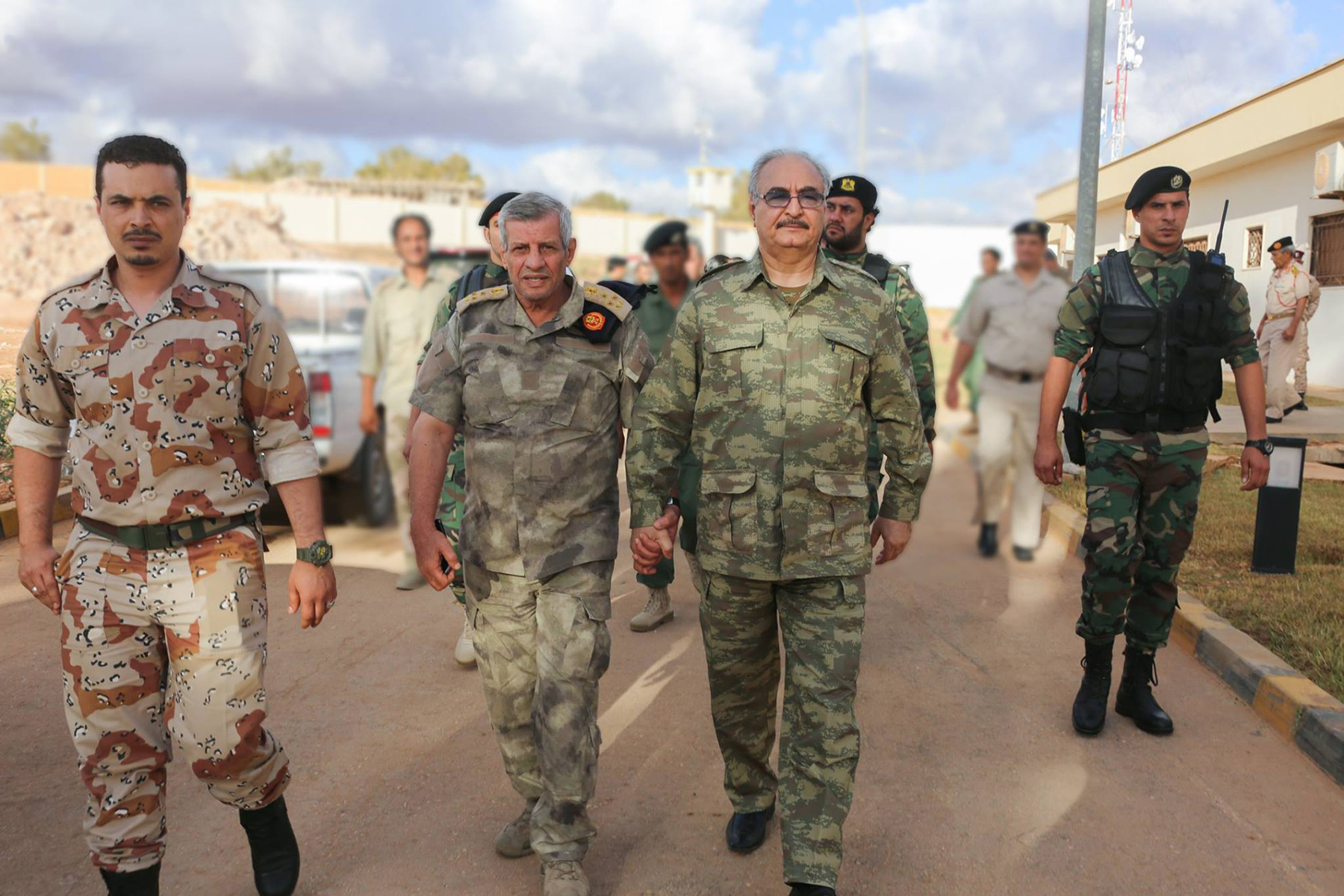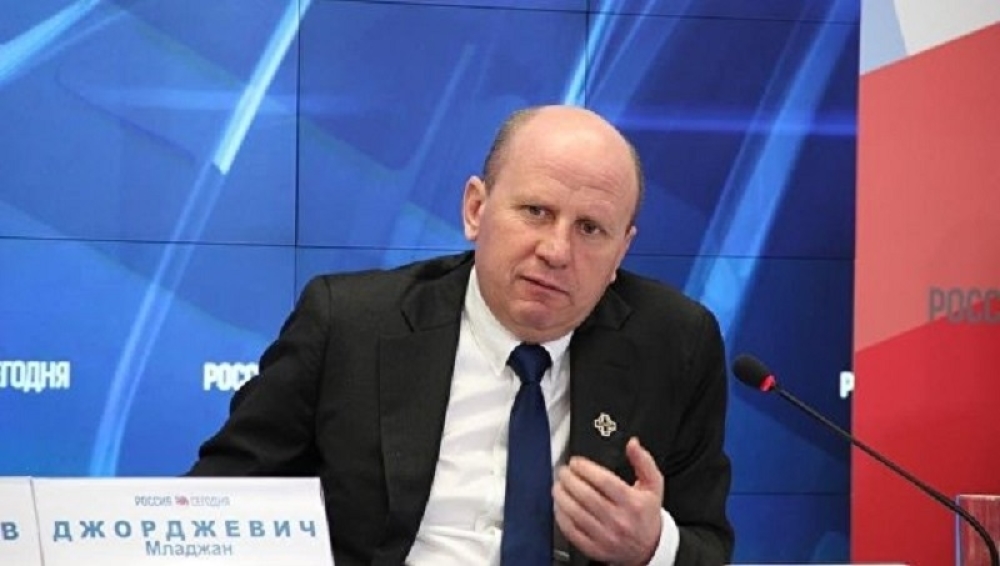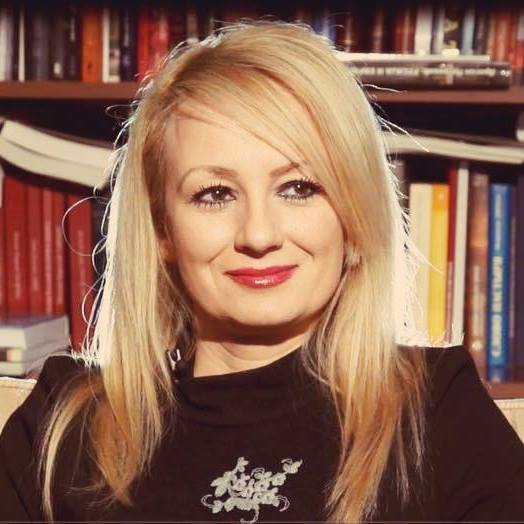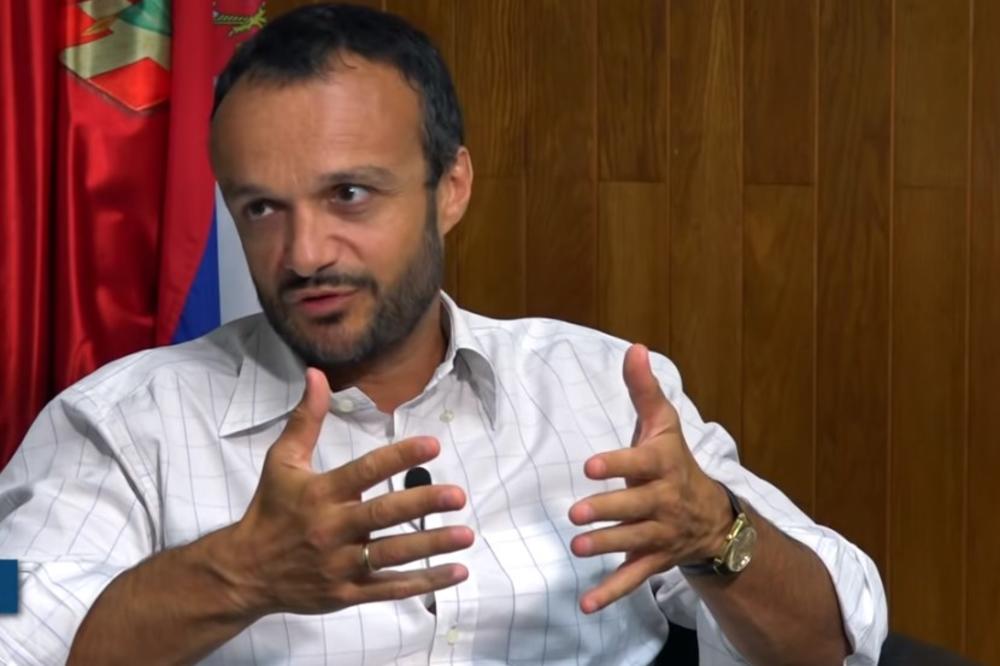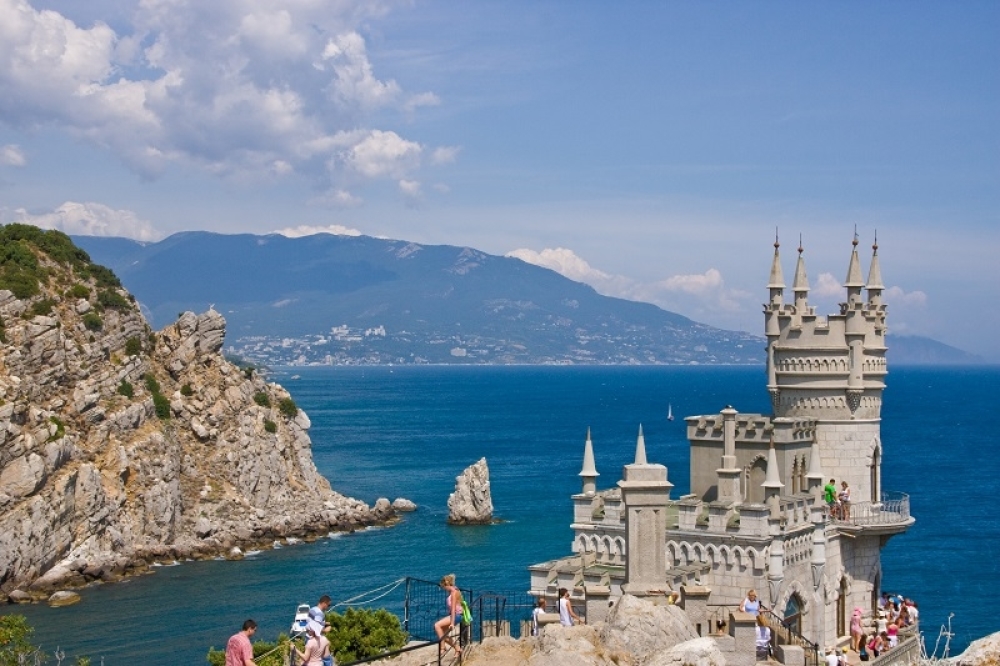Пише: Драгана Трифковић за РЕГНУМ
Српски добровољац који је ратовао у Донбасу, Горан Ћирић, чека у Сочију одлуку на уложену жалбу поводом изручења српској страни на захтев Интерпола. Уколико суд одбије жалбу, Ћирић ће бити депортован у Србију. Ово није први српски добровољац који треба да буде изручен Србији. Шта га очекује у домовини и зашто српске власти траже његову екстрадицију?
Колико ми је познато, званични мотив за издавање потернице за Гораном Ћирићем од стране Србије је привредни криминал. Њега држава Србија терети да је наводно умешан у малверзације са извозом пољопривредних производа. Међутим, то није први случај да се против српских добровољаца из Донбаса покрећу оптужбе које нису утемељене. Својевремено се у Србији водила медијска хајка против Дејана Берића кога су такође оптуживали за наводне пословне махинације од пре десетак година, до тога да припрема нападе на службена лица у Србији, иако је он тада био у Донбасу. С обзиром на то да сам од почетка избијања сукоба у Донбасу пратила ову тематику, могла сам да уочим да се против неких добровољаца у Србији водила позитивна кампања, а против неких крајње негативна. По мојој процени, позитивна кампања се водила против оних добровољаца који су на неки начин били повезани или у служби режима Александра Вучића, док се негативна водила против оних које држава Србија није контролисала.

